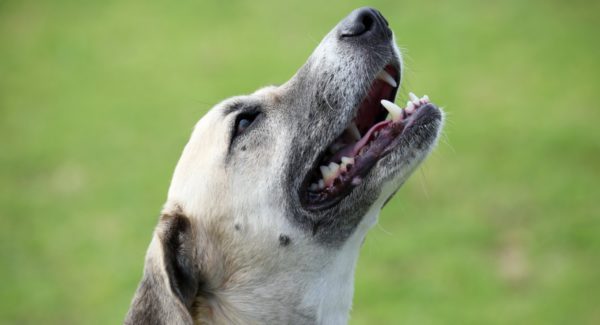
The Australian Parliament has condemned a New South Wales council over the slaughtering of 15 dogs and puppies last August in the name preventing the spread of COVID-19.
The Bourke Shire Council in New South Wales reportedly slaughtered 15 dogs and puppies in August due to concerns about spreading COVID-19, sparking outrage all across the world. The council reportedly claimed the canine executions carried out in the name of preventing the spread of COVID-19, however at the time there were “next to no Covid cases in the area”:
“Several impounded dogs due to be rescued by a shelter have instead been shot dead by a rural council in NSW under its interpretation of COVID-19 restrictions, alarming animal activists and prompting a government probe. Bourke Shire Council, in the state’s north-west, killed the dogs to prevent volunteers at a Cobar-based animal shelter from travelling to pick up the animals last week, according to council’s watchdog, the Office of Local Government,” the report states.
The outrage grew after the Premier of Queensland, the neighboring state, posted pictures of cute dogs for “International Dog Day” just 4 days later. “Thanks for sending in the pics of your puppers for International Dog Day,” tweeted Palaszczuk. “Here are some you posted in the comments.”
Since then, the Australian Parliament has condemned the council for slaughtering the canines. The body is now looking to make “convenience killing” an illegal act with new legislation to prevent situations such as this from occurring in the future.
An Australian MP named Emma Hurst said that there were two separate shelters willing to take the dogs at the time, adding that party members were frantically trying to rescue them. Unfortunately, they “were then told they had already been killed,” she said.
“It was in the middle of lockdown, we were all already struggling for many reasons, and then this came on top of all of that. We need to find ways to make sure it doesn’t happen again.”